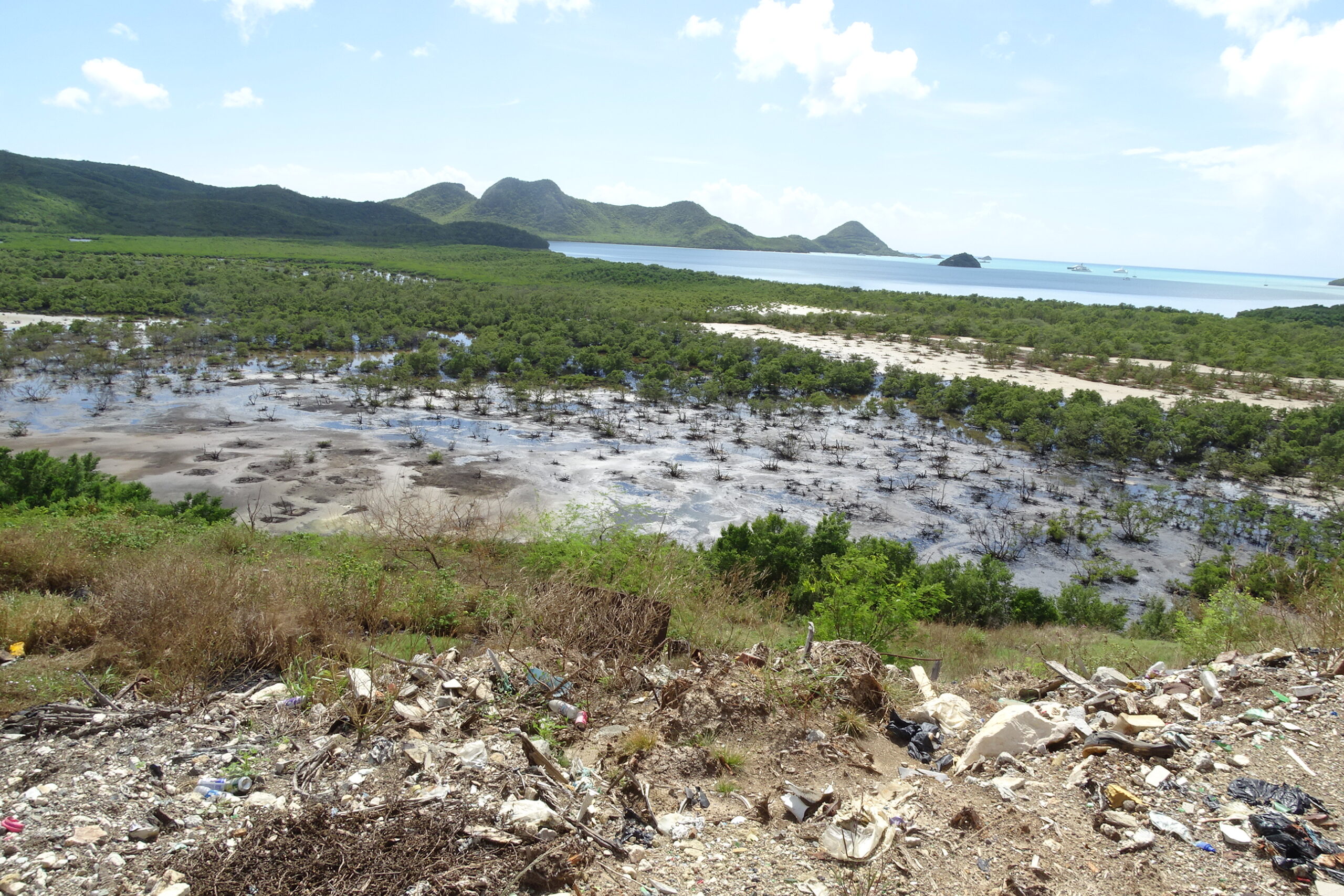Breaking News
Caribbean urged to ban sale of high salt foods, high sugar beverages to children

 PORT-OF-SPAIN, Trinidad, Friday March 21, 2014, CMC – Caribbean Community (CARICOM) countries are being urged to establish regional standards for “clear, consistent, food labeling” while also banning, or at least limiting, the marketing of energy dense, high salt, foods and beverages to children.
PORT-OF-SPAIN, Trinidad, Friday March 21, 2014, CMC – Caribbean Community (CARICOM) countries are being urged to establish regional standards for “clear, consistent, food labeling” while also banning, or at least limiting, the marketing of energy dense, high salt, foods and beverages to children.
The recommendations are contained in an 80 page report released at the Second International Conference on Non-Communicable Diseases (NCDs) of Children and Adolescents which ends here on Friday.
The report notes that while most Caribbean countries have played a significant role globally in advancing the response to NCDs, “there are no national policies against advertising of unhealthy foods to children or against the harmful use of alcohol”.
It said also that no CARICOM country has national policies or major initiatives aimed at reducing salt intake of the population which has been shown to reduce blood pressure which is a major problem among Caribbean people and a major cause of heart disease.
Professor Nigel Unwin, one of the authors of the report titled “Responses to NCDs in the Caribbean Community”, said that it outlines the response of governments and regional organizations, such as CARICOM and the Caribbean Public Health Agency (CARPHA), to the NCD epidemic that’s taking place in the Caribbean.
He told the Caribbean Media Corporation (CMC) that the report looks at the success stories of which there are many but also looks at the considerable challenges that still exist to address this epidemic.
“An example of one of the big gaps that currently exist is that there is no – within any of the countries that we looked at –policy around the marketing of energy-dense, often called ‘fast foods’ and sugar sweetened drinks to children for example; and that’s now recognized world over as a very important step to be taken to decrease childhood obesity.
“Another one for the Caribbean is the issue of alcohol and harm caused by alcohol; and again there’s…a real lack of policy here and initiatives to address problem drinking around the Caribbean,” said Unwin, a professor of public health and epidemiology at the University of the West Indies (UWI)..
Professor Sir Trevor Hassell, president of the Health Caribbean Coalition (HCC), which sponsored the report, said “what we have done is to assess actions that have been taken since the heads of government of CARICOM met in a seminal meeting here in Port of Spain in 2007 and issued the declaration of Port of Spain, uniting to stop the epidemic of NCD and since the UN High Level Meeting on chronic diseases in 2011.
“As far as we know this is the first occasion that a review has been undertaken regionally by a civil society organisation to determine the response to chronic diseases in the Caribbean,” he said.
The report urges regional governments to ban, or “at the very least limiting” the marketing of energy dense, high salt, foods and beverages to children, as well as promote the reduction in salt consumption and reduction in consumption of sugar sweetened beverages including fruit juices.
Moreover, the authors of the report are also calling for the establishment of regional standards for clear, consistent, food labeling as well as the development, implementation and monitoring of national strategies on the reduction in harm from alcohol.
The report also calls for NCDs “to be fully addressed within national development plans” and the “use of up to date regionally derived evidence based guidelines for the treatment and management of chronic diseases”.
Dr. T. Lafiah Samuels, UWI senior lecturer on epidemiology and public Health, who also co-authored the report, told CMC that in Trinidad and Tobago, for example, there is a lot of fast food that’s being sold, there’re lots of people sitting in their cars in traffic, not exercising, drinking a little too much alcohol…(and) although reports are written, the environment and the lifestyles of persons still continue”.











